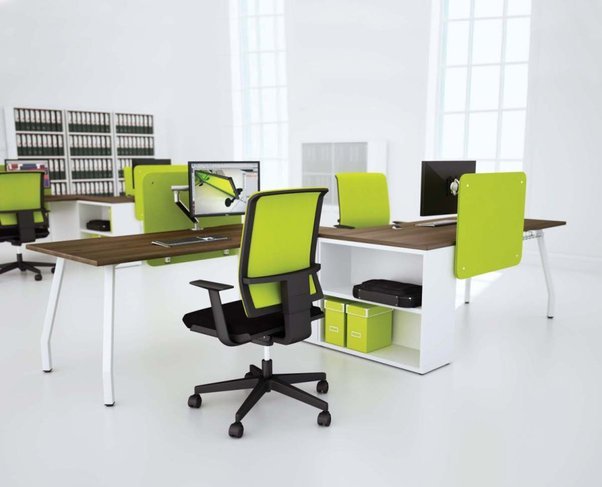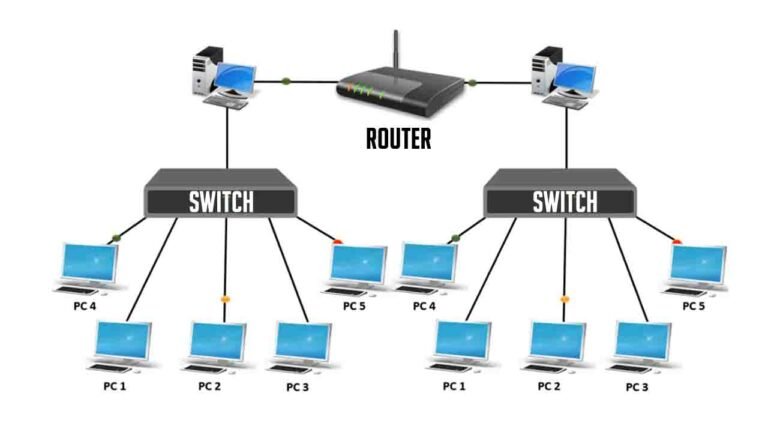Modular vs Traditional Office Desks: Which Option Suits Your Office Best?

When setting up an office, selecting the right office furniture is crucial for creating a functional and aesthetically pleasing workspace. Among the various options available, modular and traditional office desks are two popular choices, each offering distinct advantages. To determine which option best suits your office, it’s essential to understand the key differences between modular and traditional desks and how they align with your needs and preferences.
Understanding Modular Office Desks
Modular office desks are designed with flexibility and adaptability in mind. These desks consist of interchangeable components that can be configured in various ways to suit your workspace requirements. Modular desks often include separate pieces such as work surfaces, storage units, and dividers that can be arranged to create a customized setup.
One of the primary advantages of modular desks is their versatility. They can be easily reconfigured or expanded as your needs change, making them ideal for dynamic work environments or growing businesses. Modular desks also offer the benefit of optimizing space utilization, allowing you to create a layout that maximizes the available area in your office.
Additionally, modular office desks often come with built-in features such as cable management systems, adjustable components, and integrated storage solutions. These features help keep your workspace organized and efficient, contributing to a more productive work environment.
Exploring Traditional Office Desks
Traditional office desks are characterized by their classic design and sturdy construction. These desks typically feature a single, solid work surface with integrated drawers or cabinets for storage. Traditional desks are often made from high-quality materials such as wood or metal, offering a timeless and professional appearance.
One of the main benefits of traditional desks is their durability and stability. With fewer moving parts and a more straightforward design, traditional desks tend to have a longer lifespan and require less maintenance compared to modular desks. They are also less prone to wear and tear from frequent reconfigurations.
Traditional office desks are well-suited for individuals who prefer a more permanent and established workspace. They offer a solid and reliable surface for tasks and provide ample storage options without the need for additional components. For those who value a classic aesthetic and straightforward functionality, traditional desks can be a great choice.
Comparing Flexibility and Customization
When it comes to flexibility and customization, modular office desks have a clear advantage. Their modular design allows for easy adjustments and reconfigurations, enabling you to adapt the desk to different work styles or office layouts. If you frequently rearrange your workspace or anticipate changes in your office setup, modular desks offer the flexibility to accommodate these shifts seamlessly.
In contrast, traditional desks offer less flexibility due to their fixed design. While they provide a stable and reliable workspace, they lack the adaptability of modular desks. If your office layout remains relatively constant and you prefer a more classic and permanent solution, a traditional desk may be more suitable.
Evaluating Space Utilization
Space utilization is another critical factor to consider when choosing between modular and traditional office desks. Modular desks are designed to optimize space by allowing you to create a layout that fits your specific needs. They can be configured to fit into corner spaces, create collaborative work areas, or provide additional storage solutions, making them ideal for offices with varying spatial requirements.
Traditional desks, on the other hand, have a fixed footprint and may require more space due to their larger size. They are best suited for offices with ample space where a classic desk design can be accommodated without affecting the overall flow of the room. If space is at a premium, modular desks offer a more adaptable solution for maximizing your available area.
Considering Aesthetic Preferences
Aesthetic preferences play a significant role in choosing between modular and traditional office desks. Modular desks often feature contemporary designs with clean lines and modern finishes, making them suitable for offices that embrace a sleek and updated look. They can be customized to match your office décor and create a cohesive and visually appealing workspace.
Traditional desks typically showcase classic designs with rich wood finishes or timeless metal accents. They exude a sense of professionalism and elegance, making them ideal for offices that value a more traditional or formal atmosphere. If your office décor leans towards a classic style, a traditional desk can complement and enhance the overall design.
Assessing Budget Considerations
Budget considerations are crucial when deciding between modular and traditional office desks. Modular desks can vary widely in price depending on the components and features included. While they offer flexibility and customization, the cost of modular desks can add up if you opt for multiple components or advanced features.
Traditional desks generally have a more straightforward pricing structure, with costs influenced primarily by the material and craftsmanship. They may offer better value for those seeking a durable and long-lasting desk without the need for additional customization. When evaluating your budget, consider the long-term investment and how the desk will meet your needs over time.
Making the Right Choice for Your Office
Choosing between modular and traditional office desks ultimately depends on your specific needs, preferences, and workspace requirements. Modular desks offer flexibility, customization, and space optimization, making them ideal for dynamic and evolving work environments. Traditional desks provide durability, classic design, and straightforward functionality, making them suitable for more permanent and established workspaces.
By carefully evaluating factors such as flexibility, space utilization, aesthetic preferences, and budget, you can make an informed decision that enhances your office setup and supports your work productivity. Whether you choose a modular or traditional desk, investing in the right office furniture is essential for creating a comfortable and efficient workspace.






